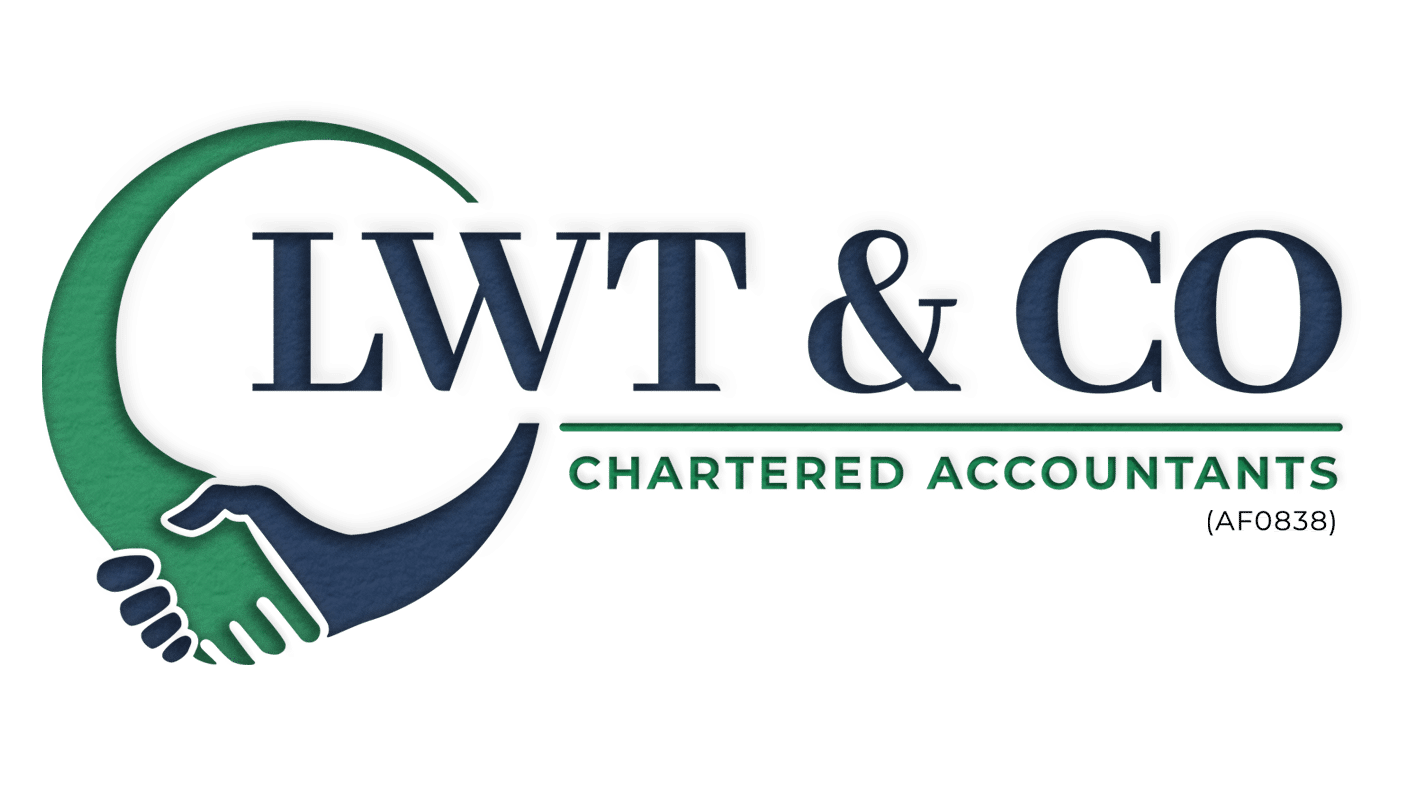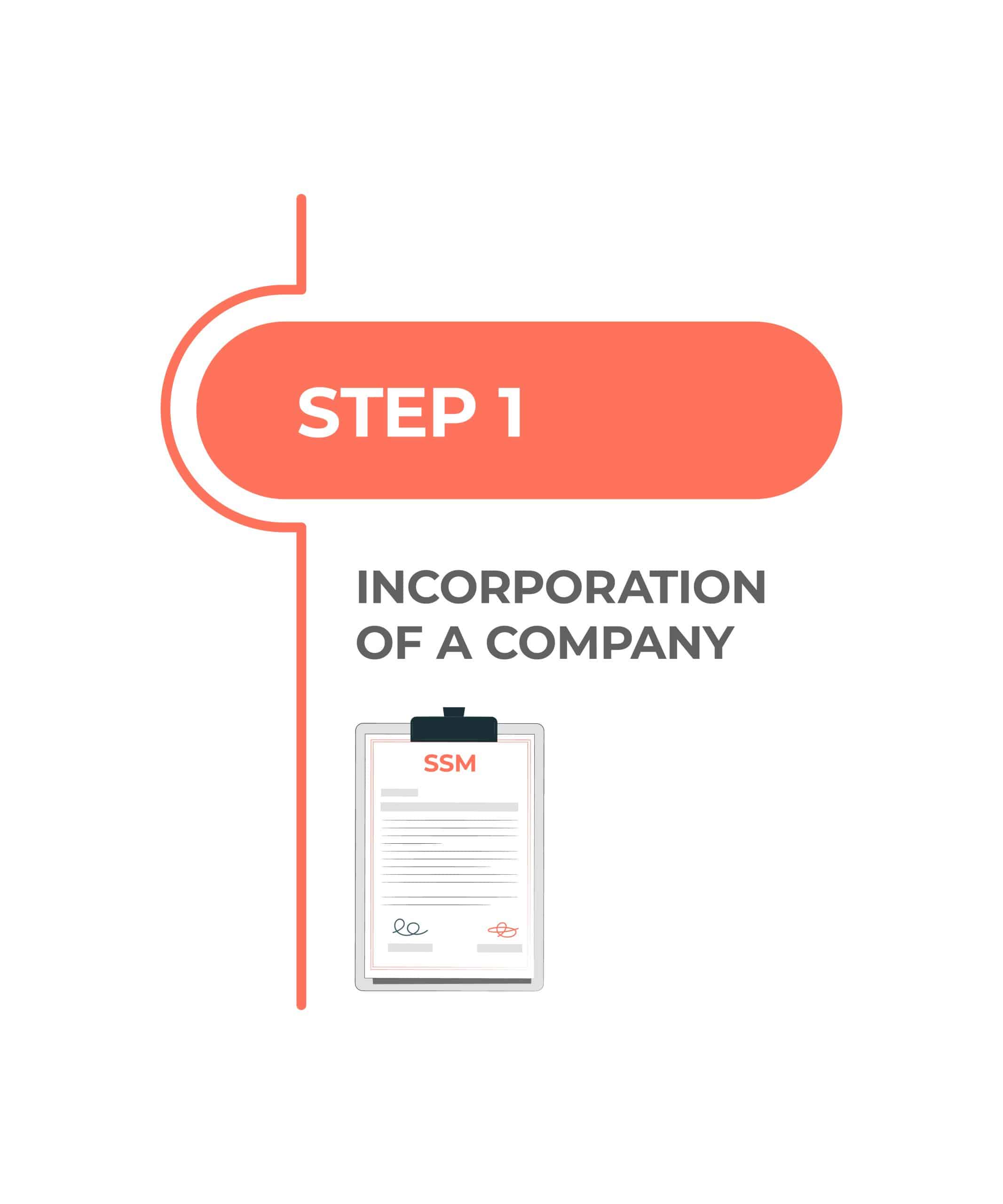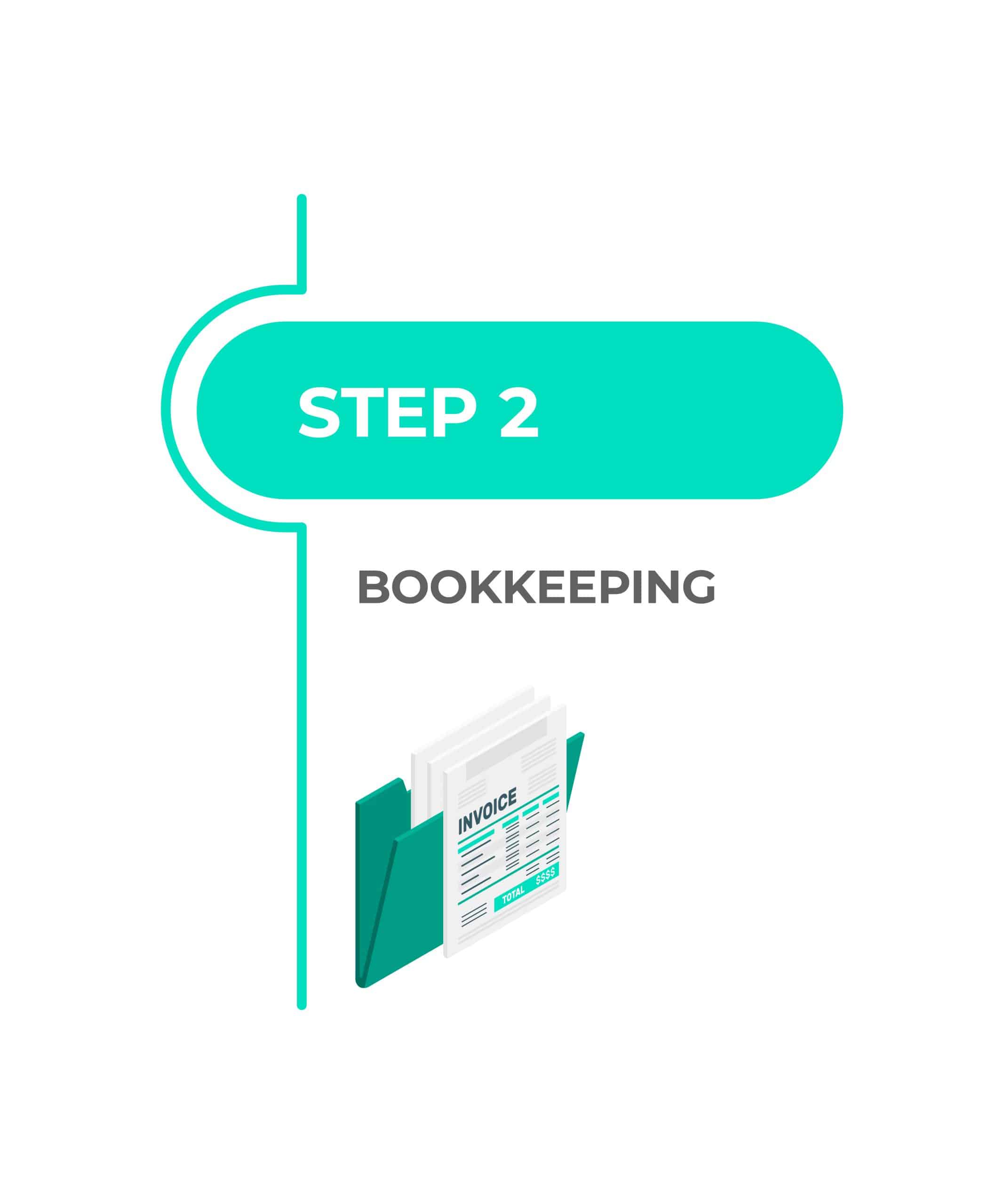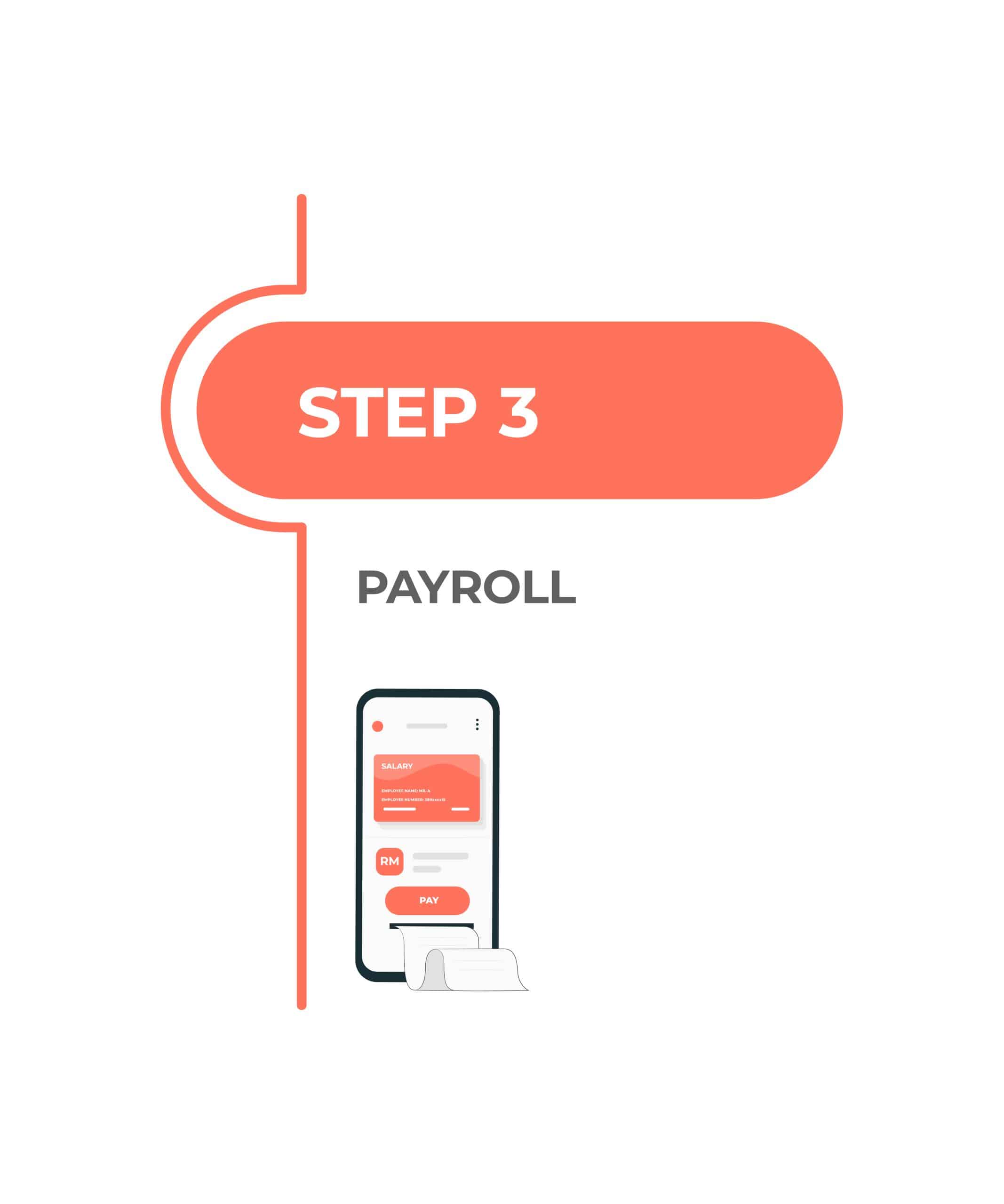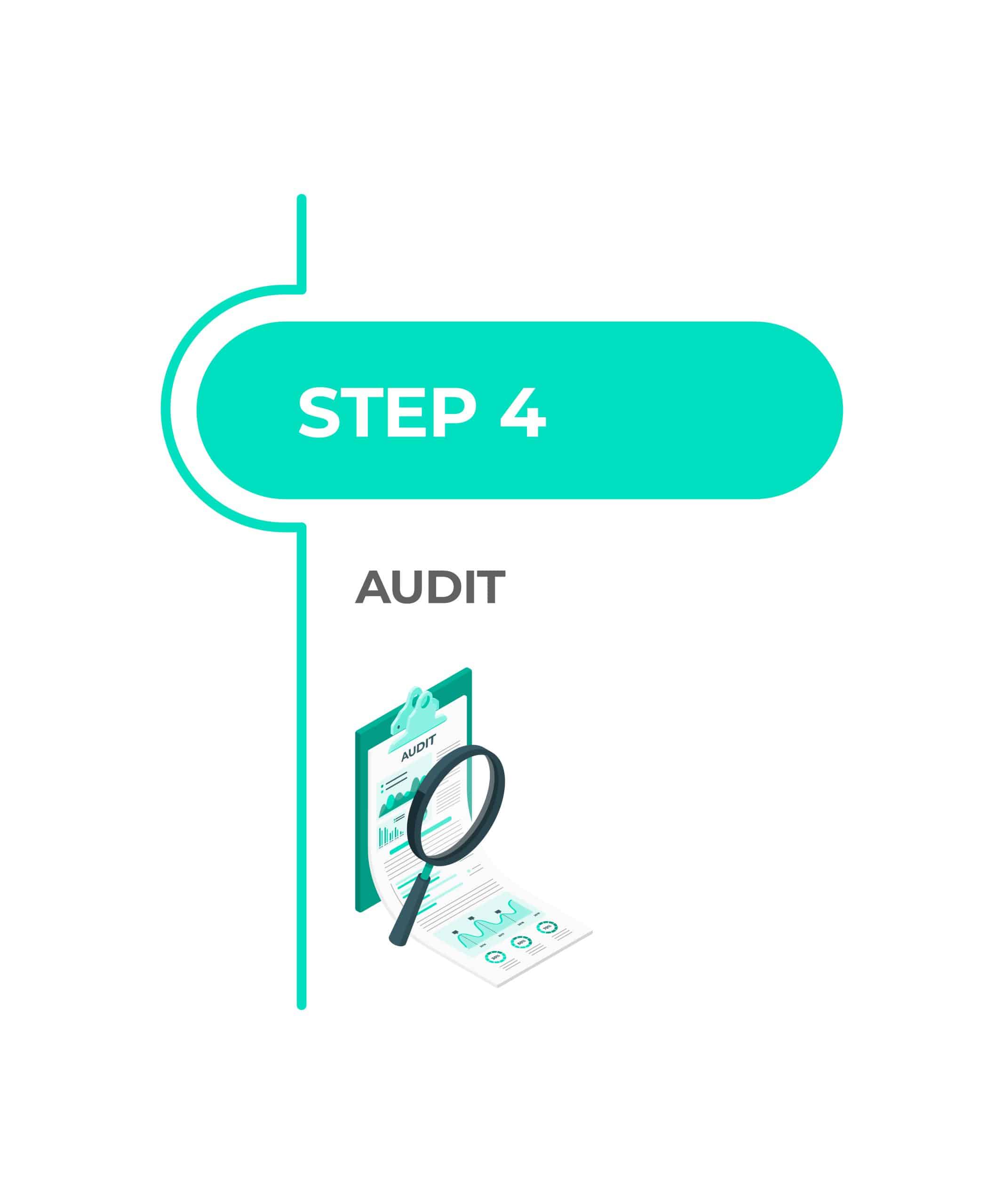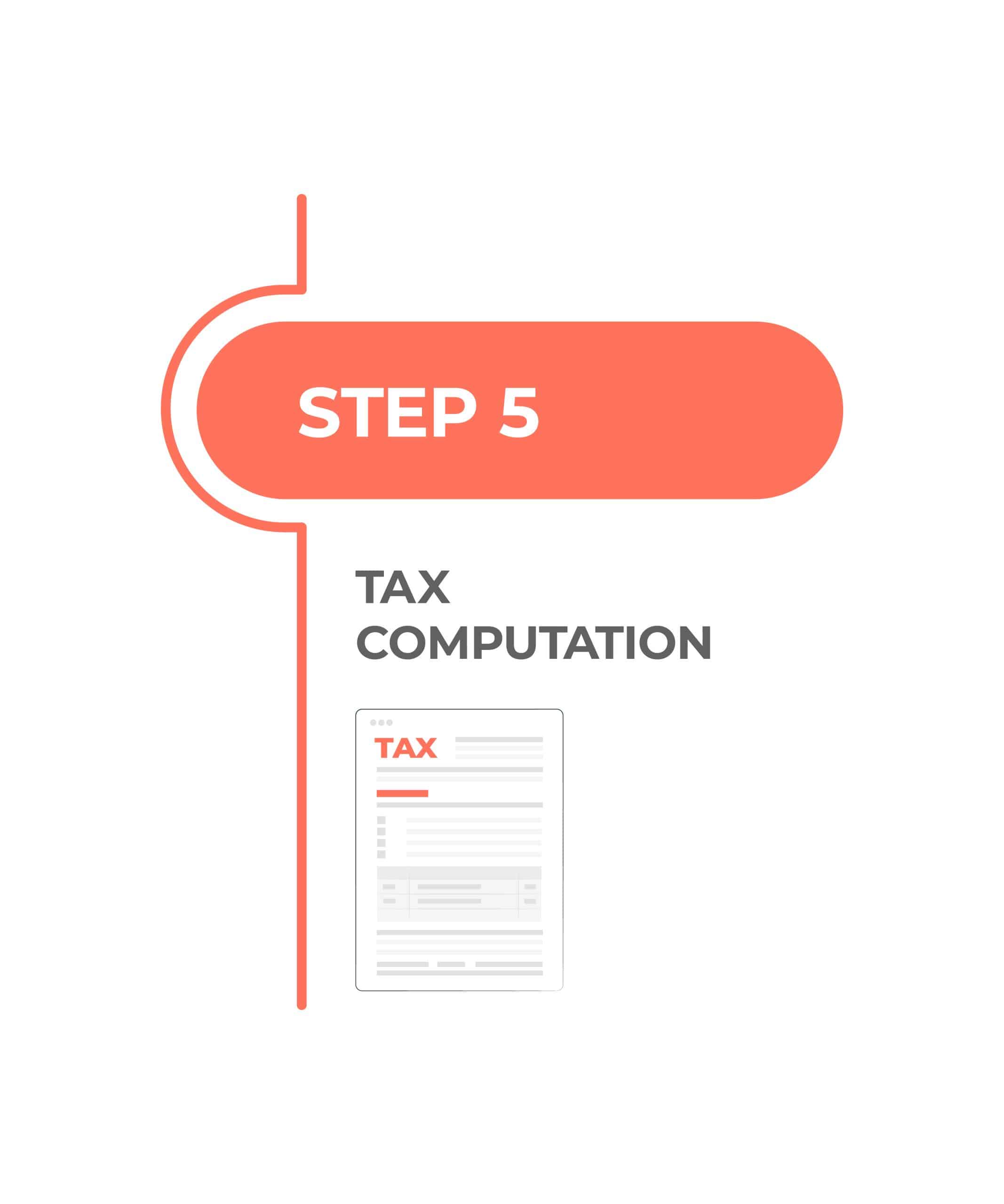5 Steps Guide for New Business Owners
Home – Incorporation?
5 Steps Guide for New Business Owners
BY LWT & CO
This guide is for those who are either considering or are new to incorporating a Sdn Bhd Company.
If you have decided to start a business and you would like the benefit of limited personal liability, then a Sdn Bhd Company is the one for you!
But how and where to get started? Read on to find out more.
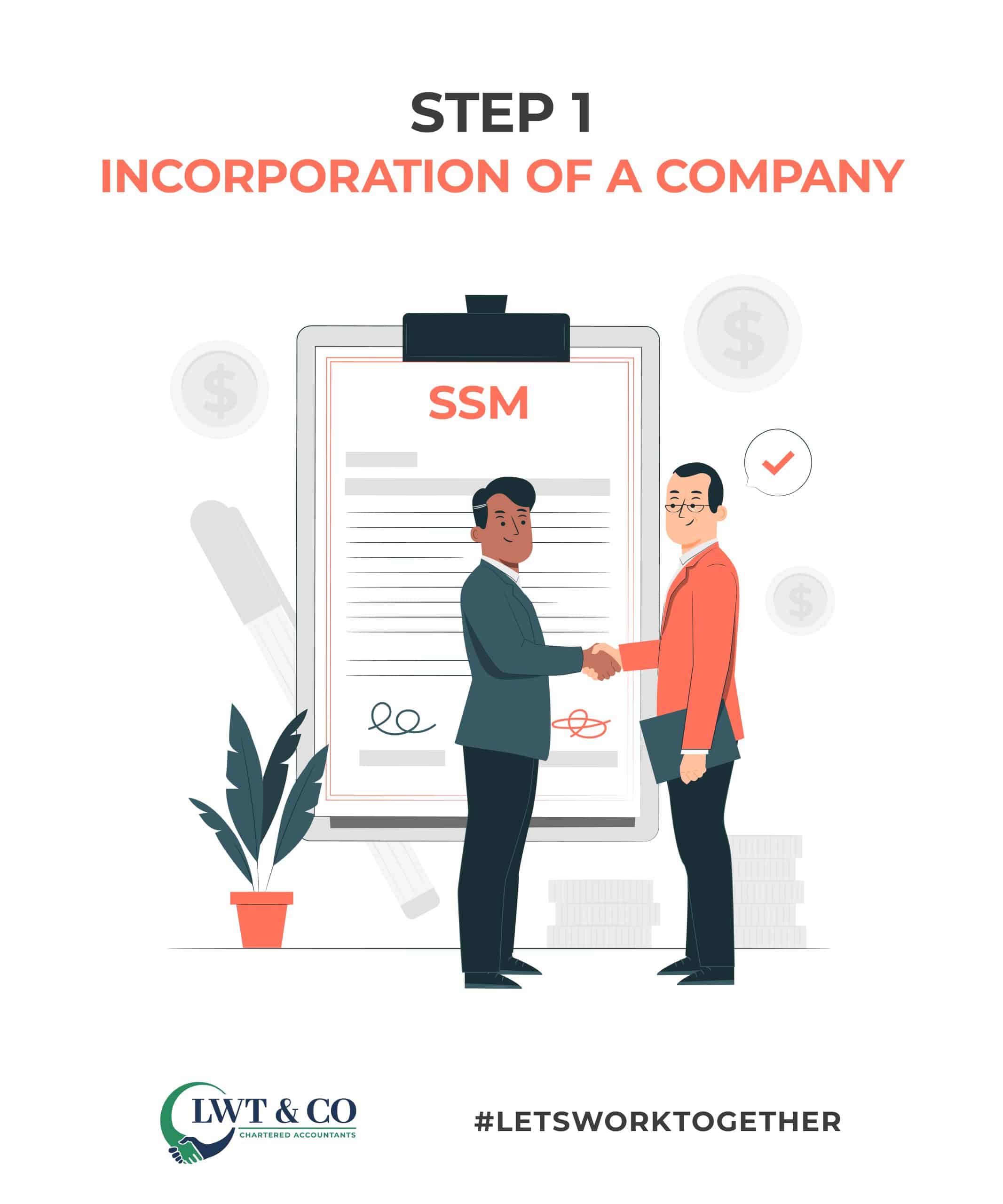
Step 1 - Incorporation Of A Company
What is a Sdn Bhd Company?
A Sdn Bhd (Sendirian Berhad) is a private limited company in Malaysia where shareholders have limited liability for the company’s debts. This structure offers significant legal protection to owners, as the Sdn Bhd is a separate legal entity.
Information Needed for Company Incorporation
The process to incorporate a private company in Malaysia is regulated by the Companies Commission of Malaysia, also known as Suruhanjaya Syarikat Malaysia (SSM).
Minimum requirements to incorporate a Sdn Bhd Company:
- At least 1 Director and 1 Shareholder
(both roles can be held by the same person) - The Director must be at least 18 years old
- The Director must have a principal place of residence in Malaysia
- The Director must not be declared bankrupt
Documents to be prepared before the incorporation process:
- Copy of NRIC for identity verification
- Proposed company names
- Nature of the proposed company’s business
- Business address and registered address
- Information of directors and shareholders
- Paid-up capital
Process of Incorporation
- Incorporate Company (SSM)
- Incorporating a company (Sdn Bhd) in Malaysia can be done either through the MyCoID portal or by engaging a Company Secretary to facilitate the incorporation process.
- Appointment of Company Secretary
- Within 30 days of the company’s incorporation, appoint a Company Secretary to ensure compliance with regulatory requirements.
- Determine a financial year end date, ensuring it is set no later than 18 months after incorporation.
- Appointment of Auditor
- The company must appoint an auditor at any time before the first annual general meeting (AGM) to ensure compliance with auditing requirements.
- Appointment of Tax Agent
- Prepare a letter of appointment and submit to the Inland Revenue Board of Malaysia (HASiL) to formalize the appointment of a tax agent.
- Obtain Tax Identification Number (TIN) and Employer Number
- The appointed tax agent will facilitate the process of obtaining Tax Identification Number (TIN) (C number) and Employer Number (E Number) necessary for tax compliance.
- Inclusion of Business Registration Numbers
- Ensure the business registration numbers are prominently displayed in full on the signboard and all official documents, including but not limited to quotations, invoices, and payment vouchers.
- Business Preparation
- Before commencing business operations, ensure that all necessary licenses, permits, and approvals are obtained.
- Opening of Bank Account
- Inform your company secretary to prepare resolutions based on your preferred bank’s requirements for opening a bank account. Additionally, create a rubber stamp containing the company name and full business registration number. Obtain the documents prepared by the company secretary to open the business bank account. Company bank account is essential for company operations.

Step 2 - Bookkeeping
Upon commencing business operations, it is crucial to record all transactions using accounting software. Investing in a good accounting software is essential as it simplifies the bookkeeping process, enhances accuracy, and provides various reports that help employers make informed decisions. Modern accounting software often includes features like automated data entry, real-time financial tracking, and integration with other business tools, making it a valuable asset for any business.
Decisions on Bookkeeping:
As a business owner, you have the choice of whether to outsource bookkeeping to an accounting firm or hire an in-house accountant.
Benefits of Outsourcing Bookkeeping:
- Focus on Growth: Outsourcing bookkeeping allows business owners to focus on core business activities and growth strategies rather than getting bogged down in administrative tasks.
- Cost-Effective: Hiring a full-time accountant can be expensive. Outsourcing often reduces costs while providing access to a team of professionals with specialized expertise.
- Compliance and Accuracy: Professional accounting firms ensure that financial statements are prepared in accordance with accounting standards, reducing the risk of errors and non-compliance.
- Scalability: Outsourced bookkeeping services can easily scale with your business as it grows, providing the necessary resources without the hassle of hiring additional staff.
- Access to Advanced Technology: Outsourcing firms often use the latest accounting software and technologies, which can provide more accurate and timely financial information.
- Expertise and Support: Access to a team of experts who stay updated on the latest regulations and can provide strategic financial advice.
The Importance of Bookkeeping:
In Malaysia’s fast-paced and competitive business environment, it is easy to overlook the significance of bookkeeping. However, bookkeeping serves as the backbone and foundation of accurate financial statements, playing a pivotal role in driving business success and growth.
Strategic Value of Bookkeeping:
Bookkeeping is not just the mundane task of recording transactions; it is a strategic tool that provides invaluable insights into the financial health and performance of your company. Accurate and up-to-date financial records enable you to:
- Assess Financial Health: Evaluate the profitability, liquidity, and stability of your business with clarity and precision.
- Make Informed Decisions: Use financial data to make well-informed business decisions, identify areas for improvement, and plan for the future.
- Facilitate Financial Planning: Prepare for audits, secure funding, and plan for taxes with accurate financial information.
- Enhance Cash Flow Management: Monitor cash flow more effectively, ensuring you have the liquidity to meet your obligations and invest in growth opportunities.
In a competitive market like Malaysia, where businesses face evolving regulations and economic challenges, having a solid understanding of your financial standing is crucial. Effective bookkeeping empowers employers to make informed decisions, identify growth opportunities, and navigate the business landscape with confidence.
Investing in proper bookkeeping, whether through outsourcing or hiring an in-house accountant, is a strategic move that supports the long-term success and growth of your business. By leveraging advanced accounting software and professional expertise, you can ensure your business operates efficiently and remains compliant with all financial regulations.

Step 3 - Payroll
Payroll
Hiring staff may seem straightforward, but business owners need to understand their responsibilities as employers.
Key Responsibilities of Employers:
- Form CP22 – Informing IRBM
- Employers must submit CP22 Form to notify Inland Revenue Board of Malaysia (LHDN) about newly recruited employees. This ensures that employees are properly registered for tax purposes.
- Additionally, CP22A Form must be submitted to LHDN when an employee ceases employment due to retirement or permanent departure from Malaysia. Both CP22 and CP22A forms must be submitted to the nearest assessment branch within one month of the employee joining or leaving the company.
- HRDF – Levy Contributions
- Employers are required to contribute a monthly levy to HRDF. The standard rate is 1% of the employees’ monthly wages.
- For smaller businesses, typically those with fewer than 10 employees, the contributions rate may be 0.5% of the monthly wages.
- EPF – Contributions to KWSP
- Employers are obligated to contribute a portion of their employees’ salaries to the Employees Provident Fund (KWSP). Contributions must be remitted to KWSP before the 15th day of the following month. Failure to do so may result in penalties and legal consequences.
- SOCSO – Contributions to PERKESO
- The Social Security Organization (SOCSO), also known as PERKESO, provides social security protection to employees. Employers must make contributions to SOCSO on behalf of their employees, covering benefits such as medical care, disability, and survivorship.
- EIS – Employment Insurance System Contributions
- The Employment Insurance System (EIS) assists employees who have lost their jobs. Managed by SOCSO, employers are required to contribute to EIS, providing financial support to eligible workers during periods of unemployment.
- PCB – Monthly Tax Deductions (MTD)
- Potongan Cukai Bulanan (PCB) or Monthly Tax Deduction (MTD) is a mechanism where income tax is deducted from an employee’s monthly salary according to the schedule of Monthly Tax Deductions or other approved methods. Employers are responsible for accurately calculating and deducting the correct amount of tax from employee salaries.
- EA Form – Yearly Remuneration Statement:
- The EA Form is a yearly statement for private employees that summarizes their salary for the past year. It is used for filing personal taxes during the tax season. Employers must provide employees with the EA Form by the end of February each year.
Benefits of Payroll Outsourcing:
As a business owner, you face the decision of whether to outsource payroll management or hire an in-house human resources officer to handle this critical aspect of your business operations.
Outsourcing your payroll functions can offer several advantages, providing a strategic approach to streamlining and managing your payroll processes effectively. Here’s how professional payroll services can benefit your business:
- Accuracy and Timeliness: Professional payroll providers possess the expertise and utilize advanced systems to ensure the accurate and timely processing of salary payments. This reduces the risk of errors and delays, ensuring that your employees receive their wages promptly and correctly.
- Compliance: Payroll outsourcing ensures strict adherence to statutory requirements, including tax deductions, and contributions to the Employees Provident Fund (EPF), Social Security Organization (SOCSO), and Employment Insurance System (EIS). By entrusting payroll tasks to professionals, you mitigate the risk of non-compliance, avoiding penalties and legal repercussions.
- Confidentiality: Outsourcing payroll management enhances the confidentiality and security of sensitive employee payroll data. Professional payroll providers implement robust security measures to protect payroll information from unauthorized access or misuse, safeguarding the privacy of your employees.
By leveraging the expertise and resources of external payroll service providers, you can optimize your payroll processes, mitigate risks, and focus on core business activities, driving efficiency and growth in your organization.
Whether you’re a startup, SME, or large corporation, investing in proper bookkeeping practices is essential. Additionally, leveraging payroll outsourcing services is an effective way to build a strong foundation for your business’ success. Leave these tasks to the experts and focus on growing your business with confidence.
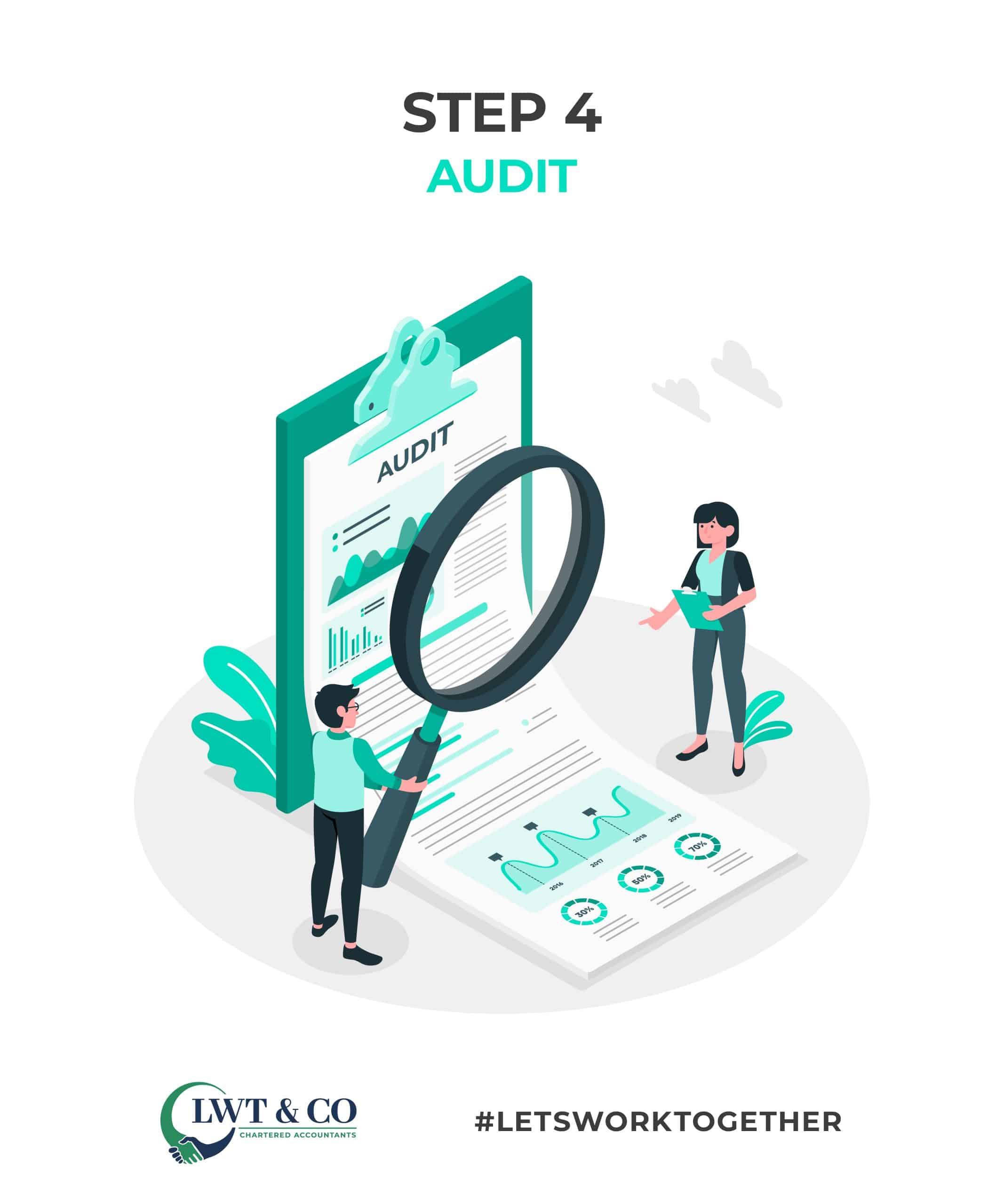
Step 4 - Audit
The company must prepare its financial statements as of the financial year end to comply with regulatory requirements set by Companies Act 2016. Once these statements are ready, they are handed over to the appointed auditor for audit.
During the audit process, the auditor meticulously reviews the company’s financial records, ensuring that all accounting treatments adhere to the established accounting standards and regulations. This scrutiny is crucial for maintaining transparency and integrity in financial reporting.
Upon completion of the audit, the auditor provides an opinion on the true and fairness of the financial statements. This opinion, signed by the approved auditor and dated, serves as a validation of the company’s financial health and compliance with regulatory requirements.
Subsequently, the audited report, along with the auditor’s opinion and the date of authorization, is distributed to relevant stakeholders within six months after the fiscal year’s end. This timely dissemination ensures that investors, regulators, and other interested parties have access to reliable financial information, fostering trust and confidence in the company’s operations.

Step 5 - Tax Computation
After the audited report is finalized, it is handed over to the appointed tax agent. The tax agent’s responsibility is to prepare a tax computation in strict accordance with the relevant provisions of the Income Tax Act. This involves a comprehensive analysis of the company’s financial data as presented in the audited report.
Once the tax computation is completed, the tax agent proceeds to file the company’s tax return by submitting Form C to the Inland Revenue Board of Malaysia (LHDN).
Adhering to the following timelines is critical:
- Submission of Form C: This must be completed within 7 months after the close of accounting period.
- E-Filing: The electronic submission (E-Filing) of Form C should be executed within 8 months from the date following the close of accounting period.
Meeting these deadlines is imperative for ensuring full compliance with tax regulations and avoiding potential penalties or fines. Furthermore, timely submission expedites the processing of the company’s tax affairs by the tax authorities, contributing to smoother operations and peace of mind for the business.
